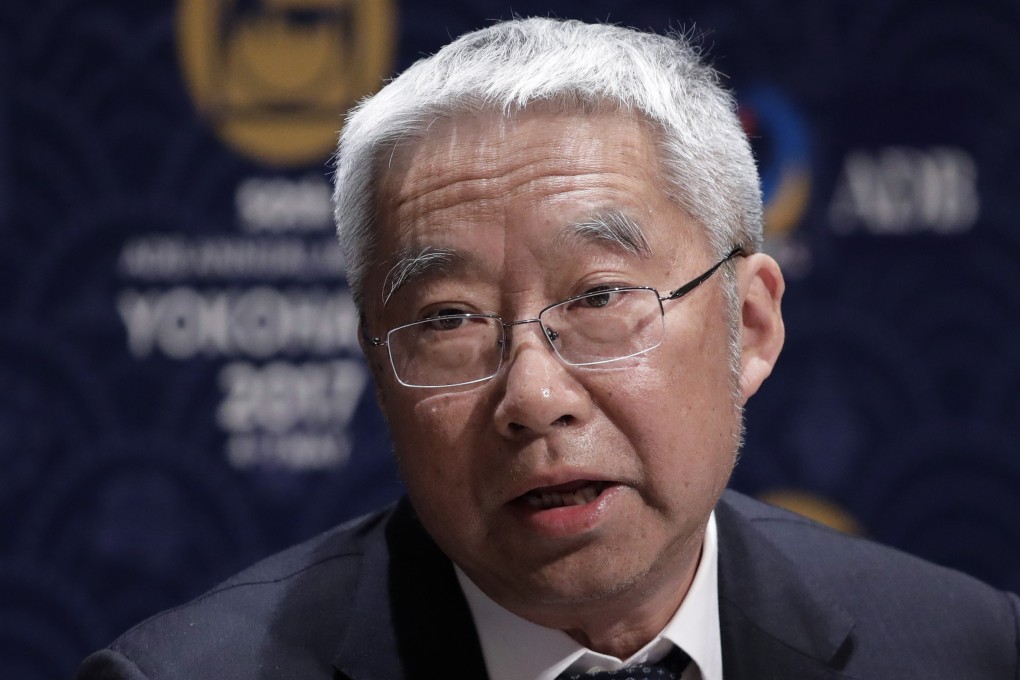US-China trade war could last ‘longer than a generation’, renowned Chinese economist predicts
- Rivalry between Beijing and Washington could be prolonged according to scholar Yu Yongding
- Tariff war could ease after G20 meeting between Xi Jinping and Donald Trump in Osaka, but rivalry over technology and finance may escalate into other fields

The rivalry between China and the United States could last longer than a generation and the disputes over trade could escalate into investment, finance and technology fields, a senior Chinese policy adviser said on Wednesday.
Yu Yongding, a senior fellow at the Chinese Academy of Social Sciences, said Beijing and Washington were soon likely to agree to stop levying additional punitive tariffs on each other, but predicted their rivalry would be protracted and end only when a new balance was reached.
“I may not see the day [when the rivalry is over], I am already 70 years old,” Yu said in Beijing.
“You young people probably can see the day, but I am not absolutely sure.”
I may not see the day [when the rivalry is over], I am already 70 years old. You young people probably can see the day, but I am not absolutely sure
His view reflects a school of thought among Chinese decision makers and scholars that the relationship between China and the US is set to become more confrontational, with Washington now viewing Beijing as a strategic rival and competitor, rather than a partner.